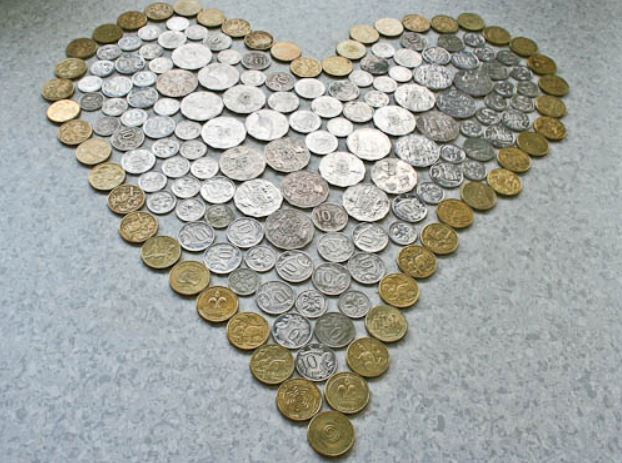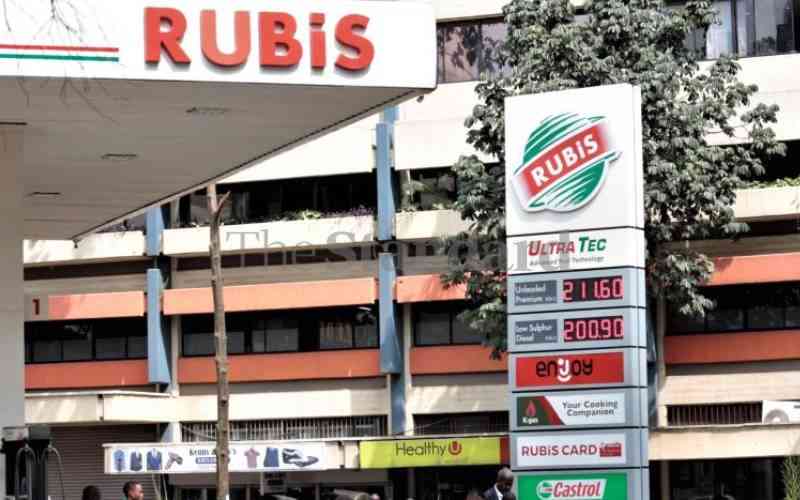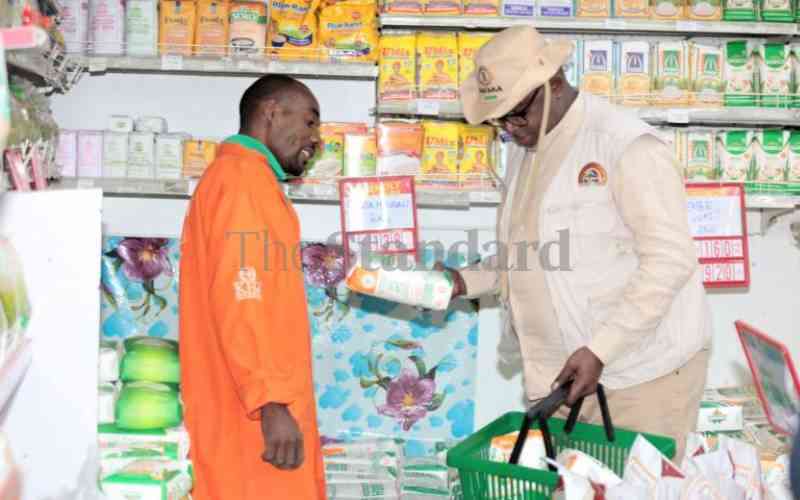
Romance is alive and well across Kenya. Kenyans spending more than ever before on romantic experiences and going beyond traditional gifts to make their partners happy.
According to Mastercard’s annual Love Index, the number of transactions on hotels in Kenya has risen by 65 per cent from 2017 to 2019 as against 22 per cent globally, putting hotels at the top of the wish list for Kenyans in the lead up to the most romantic day of the year.
Driven by this wanderlust, Kenyans also spent 37 per cent more than they did in 2017 on booking flights and trips, escaping with their partners to celebrate this special time of the year.
The Index, a study of transactions ahead of Valentine’s Day (February 11 -14 2017-2019) identifies spending habits and trends during this period by analysing credit, debit and prepaid card transactions from 53 countries around the world.
Now in its fifth year, the findings reveal that the world’s ‘love economy’ is growing five times faster than the global economy, with Valentine’s Day spend around the world up 17 per cent since 2017.
In Kenya, sentimental spending around Valentine’s Day has increased even more – up by 32 per cent since 2017, with the overall transactions up by a whopping 51 per cent. This growth is significantly higher than the global average of a 17 per cent increase in spending, and total transactions increase of 31 per cent. The rise of online shopping also continues, with a 64 per cent spike in online transactions in the Valentine’s Day period against 57 per cent globally over the past three years.
Food continues to be a safe way to people’s hearts, with spend in restaurants increasing for Valentine’s Day year-on-year. Kenyans are more likely than other global romantics to treat their loved ones to special meals on Valentine’s Day, with the amount spent on restaurants increasing by 18 per cent in 2019, as against a 16 per cent rise globally.
Kenyan shoppers buck global trends when it comes to gifting jewellery for Valentine’s Day. While global spend on jewellery for the occasion increased by just 6 per cent globally, Kenya recorded a 21 per cent increase in jewellery spend in the run-up to Valentine’s Day.
However, flowers appear to be falling from favour in Kenya – while Kenyan Valentine’s Day flower sales decreased by 29 per cent last year, global sales increased by 3 per cent.
Valentine’s Day cards remain a firm favourite in Kenya, where spending has increased by 24 per cent in 2019 from the previous year, and by 5 per cent from 2017 to 2018. In contrast, global spend on Valentine’s Day cards has increased by just 2 per cent in the past three years.
“Kenyans are keeping pace with global trends and favouring experiences over traditional gifts. It’s clear that the younger generation values the opportunity to create a shared experience,” said Adam Jones, Area Business Head East Africa, Mastercard.
“It is easier to travel and book trips away now than ever before, which is reflected in the huge increases in flights and hotels booked online in the lead up to Valentine’s Day over the past three years. The Mastercard Love Index is a unique look at how buying behaviour is evolving over time, and as we make our way in a new decade, we expect the trend of investing in time and memories together to continue to grow.”
The data also revealed a positive trend of a more organised Valentine’s Day planner, with the majority of transactions taking place earlier than ever before and the number of last-minute shoppers falling.
2019 saw the majority of Valentine’s Day transactions take place on February 11, compared to 2018 where they took place on February 12 and 2017 where they took place on February 13.
 The Standard Group Plc is a multi-media organization with investments in media
platforms spanning newspaper print operations, television, radio broadcasting,
digital and online services. The Standard Group is recognized as a leading
multi-media house in Kenya with a key influence in matters of national and
international interest.
The Standard Group Plc is a multi-media organization with investments in media
platforms spanning newspaper print operations, television, radio broadcasting,
digital and online services. The Standard Group is recognized as a leading
multi-media house in Kenya with a key influence in matters of national and
international interest.
 The Standard Group Plc is a multi-media organization with investments in media
platforms spanning newspaper print operations, television, radio broadcasting,
digital and online services. The Standard Group is recognized as a leading
multi-media house in Kenya with a key influence in matters of national and
international interest.
The Standard Group Plc is a multi-media organization with investments in media
platforms spanning newspaper print operations, television, radio broadcasting,
digital and online services. The Standard Group is recognized as a leading
multi-media house in Kenya with a key influence in matters of national and
international interest.










